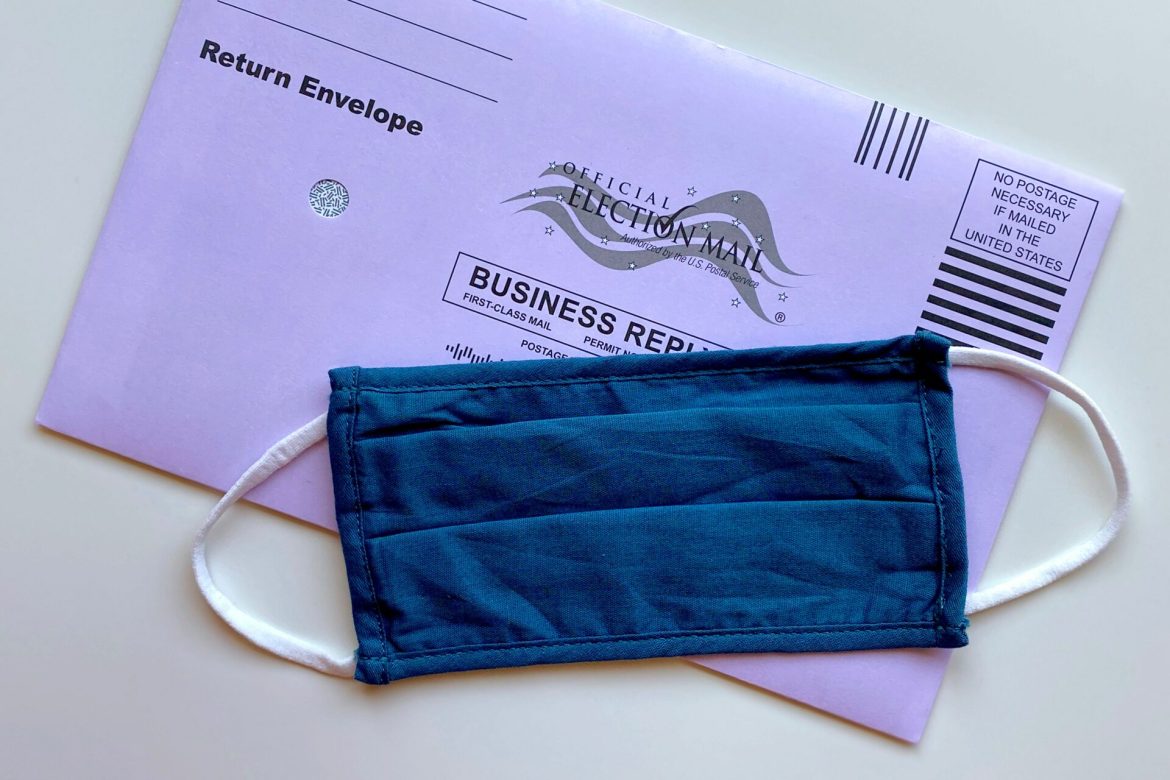For months on end, the United States, along with the rest of the world, has grappled with the challenges and tragedies brought forth by the COVID-19 pandemic. But as time progresses, many are asking: Is the lingering fear a genuine concern for public health or a subtle tactic for government control?
The Return of Dr. Fauci’s Warnings:
Dr. Anthony Fauci, a face now synonymous with the pandemic response in the U.S., has recently predicted a “tough COVID winter.” While it’s essential to heed expert advice and act in the best interest of public health, there’s growing concern about the continued emphasis on fear.
- Perpetuating Fear vs. Spreading Awareness:Is it possible that these warnings, while rooted in concern, are also keeping the American populace in a state of perpetual fear? A conservative perspective would posit that an overly cautious approach might do more harm than good by stifling economic growth, mental well-being, and personal freedoms.
- Questioning the Timing:With Fauci’s recent pronouncement, some conservatives are questioning the timing of these warnings. They argue that such predictions can be used to divert attention from other pressing issues, whether it’s domestic challenges or global concerns.
The COVID Influence on Voting:
The pandemic brought with it a significant shift in voting dynamics, particularly with the advocacy for mail-in ballots. While initially presented as a means to ensure voter safety:
- Changing the Game:The push for mail-in ballots, from a conservative viewpoint, changed the game. Concerns about the validity, the potential for fraud, and the alteration of longstanding voting traditions are heavily debated topics.
- Convenience or Control?:Some argue that while mail-in voting was promoted as a convenient option given the circumstances, it could have hidden motivations. They question if the emphasis on COVID fears played a role in pushing for a voting method that could be more easily manipulated or controlled.
The Role of Media:
The media’s role in amplifying the message cannot be understated. Often, the sensationalism and repeated spotlight on negative predictions overshadow the positive developments and breakthroughs. The balance seems skewed, leading many to believe there’s a concerted effort to keep the nation on edge.
Seeking a Balanced Approach:
A conservative voice would call for a balanced approach, respecting the science but also scrutinizing the narrative. Transparency, unbiased reporting, and prioritizing people’s overall well-being should be the objective. After all, governance is about serving the people, not controlling them.
While the dangers of COVID-19 are undeniable, it’s imperative to question, evaluate, and ensure that the measures in place are genuinely for the people’s benefit and not a veiled attempt at control. As the U.S. treads through another challenging phase of the pandemic, the focus should remain on unity, trust, and mutual respect, free from unwarranted fear tactics and potential manipulations in crucial areas such as voting.

